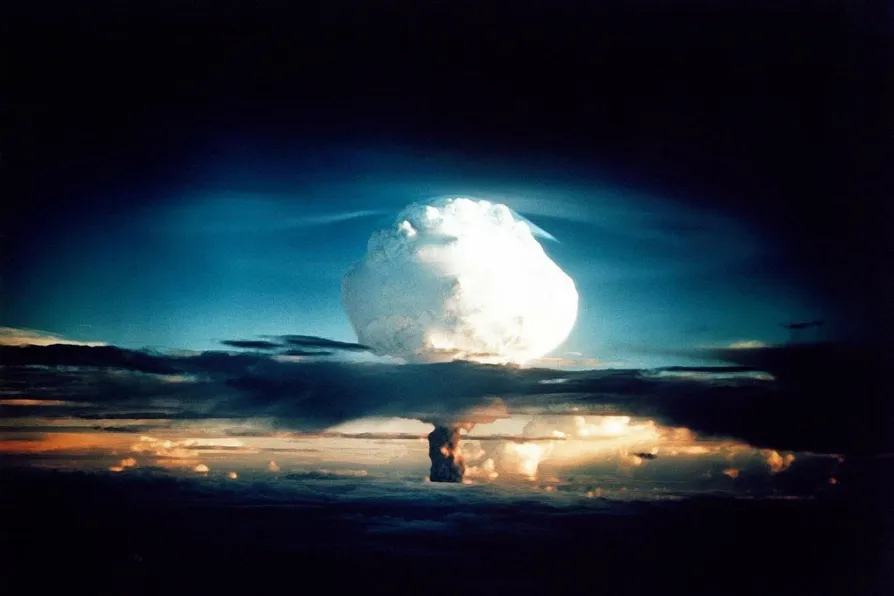The US-Israeli strikes against Iran are part of a decades-long war against the Islamic Republic which has refused to bow to US demands that it surrender its sovereignty, argues VIJAY PRASHAD


WHAT difference can one person make when it comes to influencing global politics? Very little, you might think. However, a careful reading of several crisis points in modern history throws up inspiring examples of individuals acting courageously under intense pressure to save humanity from itself.
One such person is Vasili Arkipov, a Soviet naval officer during the Cuban Missile Crisis of October 1962, whose story activist Milan Rai rivetingly tells in a 2014 article for Telesur, upon which the account that follows is based.
With the US and Soviet Union on the brink of nuclear war, on October 27, a US taskforce of surface ships and aircraft was harassing, in international waters, a Soviet submarine, B-59, on which Arkipov was second in command. In an attempt to force the submarine to the surface and drive it away from Cuba, the US ships conducted extreme sonar sound attacks on the B-59 and dropped five practice depth charges. The number is important.
A few days earlier, the US had sent a document to the Soviet forces explaining their signalling system for a ship to surface was five practice depth charges. The commanders on B-59, who were used to three warning practice depth charges as the signal to surface, never received this information.
With the submarine crew enduring temperatures of around 45ºC and dangerous levels of CO2, the captain of B-59, Valentin Grigorievitch, concluded that a war between the US and the Soviet Union had started and ordered the firing of a nuclear torpedo at the US taskforce. The firing of the “special weapon” required the consent of the captain, the political officer and the second in command, Arkipov. The political officer consented.

For 80 years, survivors of the Hiroshima and Nagasaki atomic bombings have pleaded “never again,” for anyone. But are we listening, asks Linda Pentz Gunter













